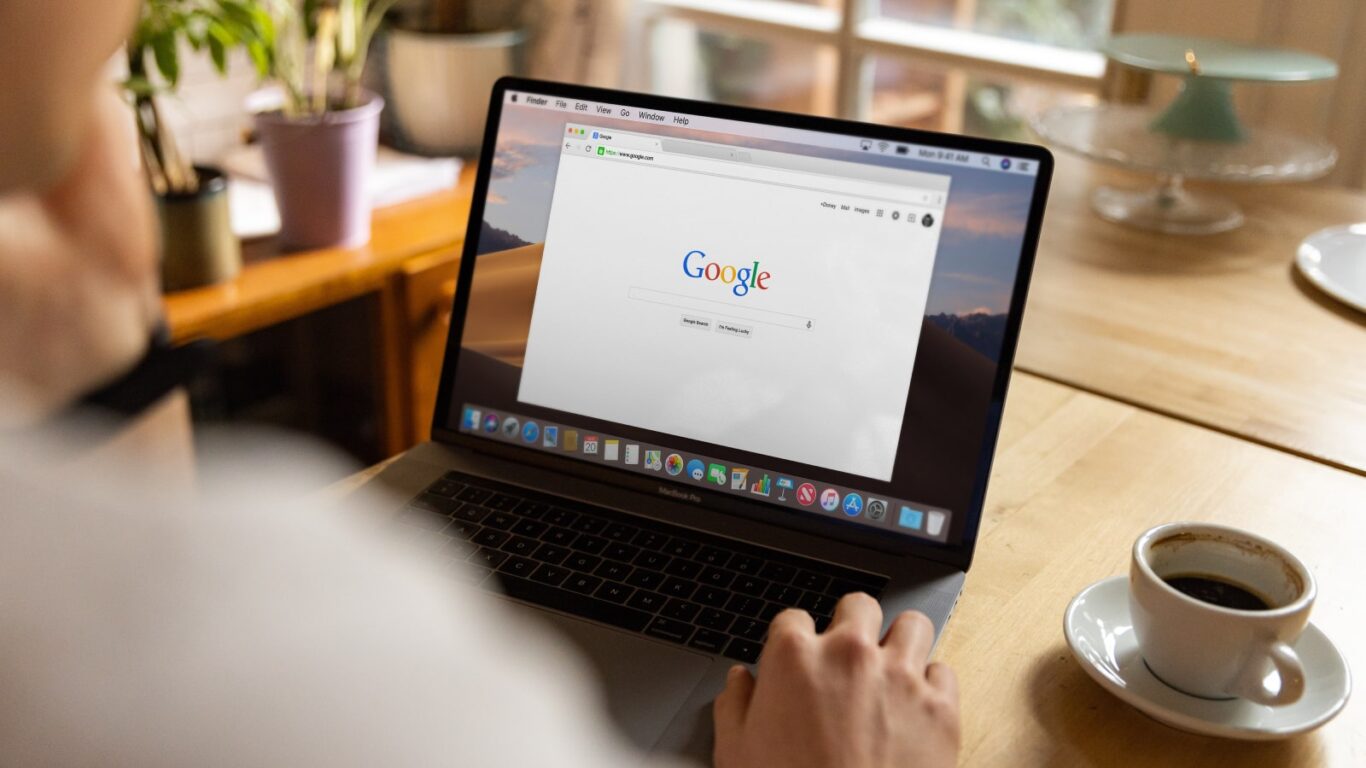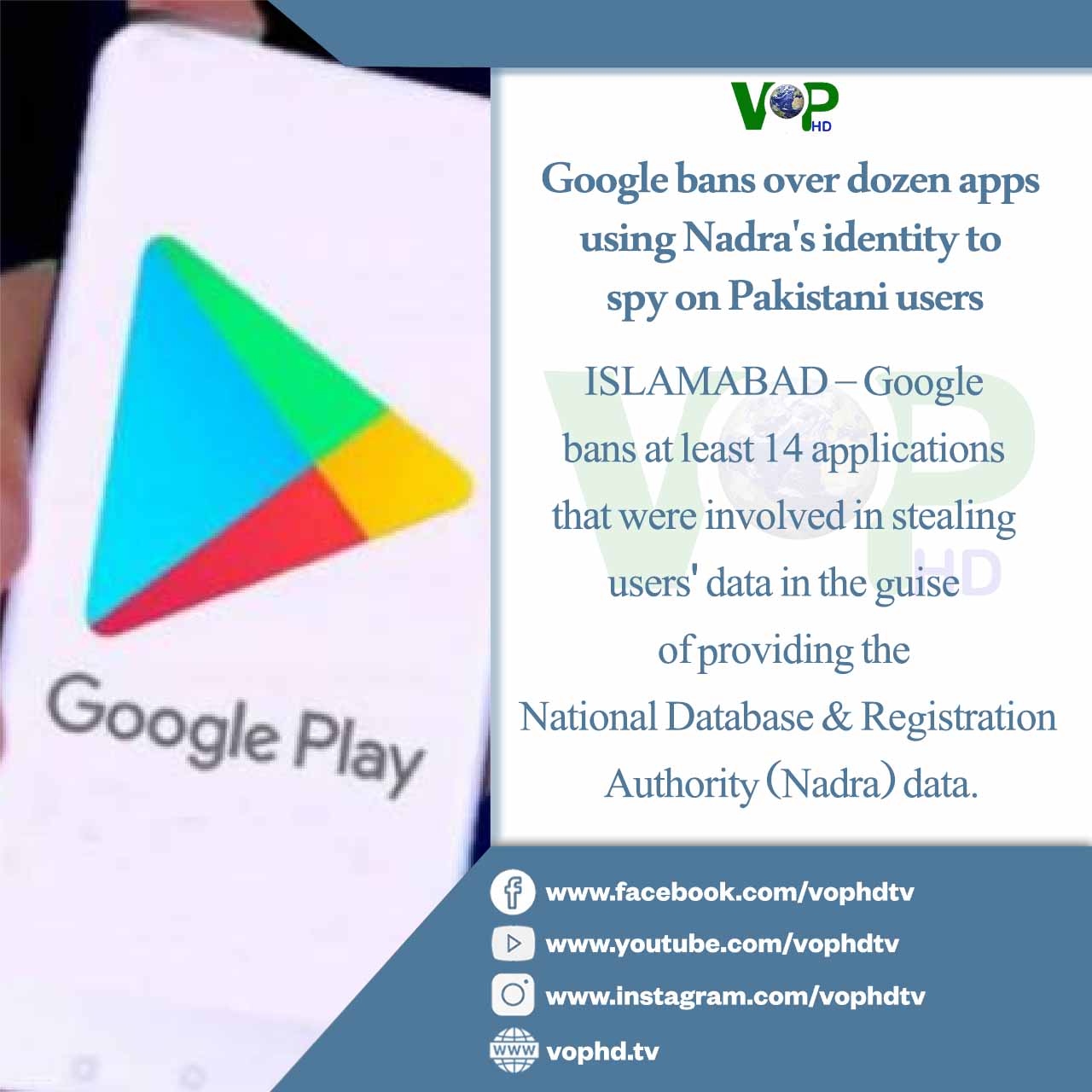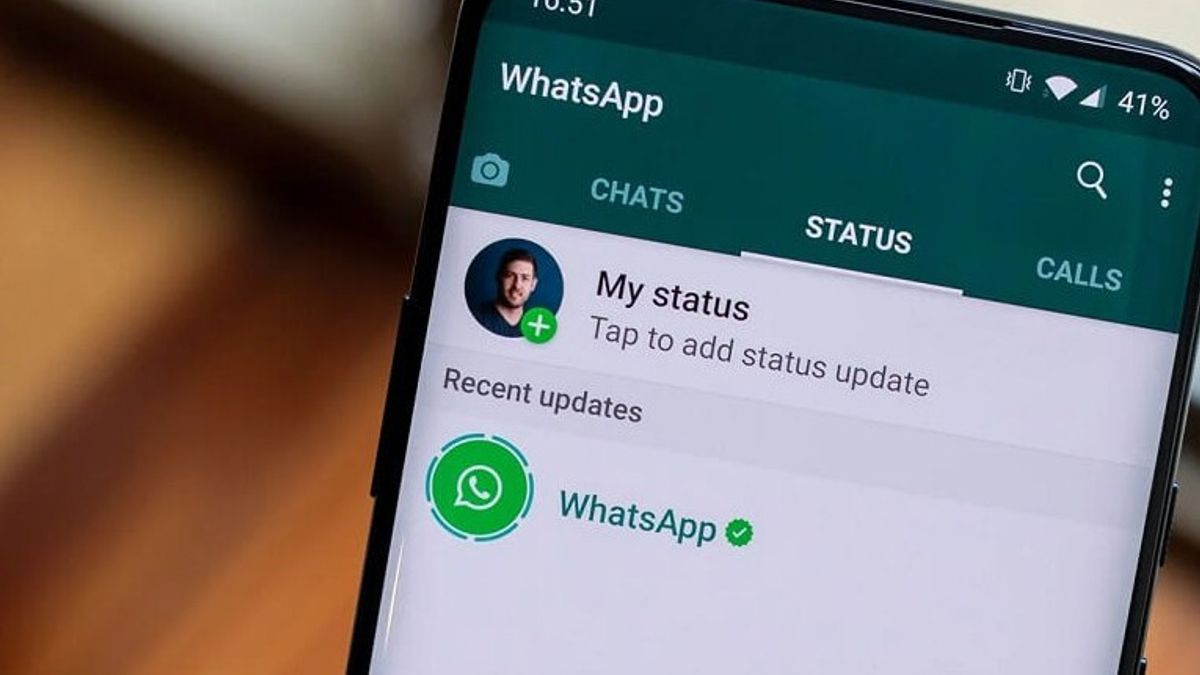Your personal data is a valuable commodity in today’s digital world. Every time you use a website, app, or other online service, you are likely providing information about yourself. This information, which can include your name, location, interests, and purchasing habits, is collected and stored by companies, who then use it to make money.
There are several ways in which companies use your personal data to generate revenue. One of the most common is targeted advertising. By analyzing your data, companies can determine your interests and preferences, and then use that information to show you ads that are relevant to you. This type of advertising is more effective than traditional advertising, as it reaches people who are more likely to be interested in the products or services being advertised.
Another way in which companies make money from your data is by selling it to third parties. This data can be used for a variety of purposes, such as market research, risk assessment, and lead generation. Some companies also use the data they collect to create profiles of individuals, which can then be sold to other organizations for a profit.
Your personal data is also valuable to companies because it can help them to improve their products and services. For example, companies can use data about how you use their app or website to identify areas for improvement, or to develop new features that are more relevant to you.
Finally, companies can use your personal data to identify potential security threats. By monitoring your online activity and identifying patterns that are indicative of malicious behavior, companies can take action to prevent data breaches and other security incidents.
In conclusion, your personal data is more valuable than you may realize. From targeted advertising to market research, there are many ways in which companies use your data to generate revenue. It is important to be aware of how your personal data is being used and to take steps to protect it, such as using secure passwords, enabling two-factor authentication, and being mindful of the information you share online.
Own your privacy
Owning your privacy means taking control of the personal information you share online and making informed decisions about who has access to it. Here are some steps you can take to own your privacy:
- Read privacy policies: Before using a new app or service, take the time to read its privacy policy. This will give you an idea of what information is being collected, how it will be used, and who has access to it.
- Be mindful of what you share: Be mindful of the information you share online, especially on social media. Avoid sharing sensitive information such as your full name, address, and financial details.
- Use strong passwords: Use strong and unique passwords for all your online accounts. Consider using a password manager to store your passwords securely.
- Enable two-factor authentication: Enable two-factor authentication on all your accounts that offer it. This adds an extra layer of security to your accounts and makes it more difficult for someone to gain unauthorized access.
- Be cautious of email and links: Be cautious of emails and links that ask for personal information or login details. Phishing attacks are common, and scammers can use these to steal your information.
- Control your privacy settings: Make use of the privacy settings on social media and other online services to control who can see your information and what you share.
- Use a VPN: Use a Virtual Private Network (VPN) when connecting to the internet. This will encrypt your data and protect it from being intercepted by third parties.
By taking these steps to own your privacy, you can better control the personal information you share online and protect it from being misused.





















































































































































